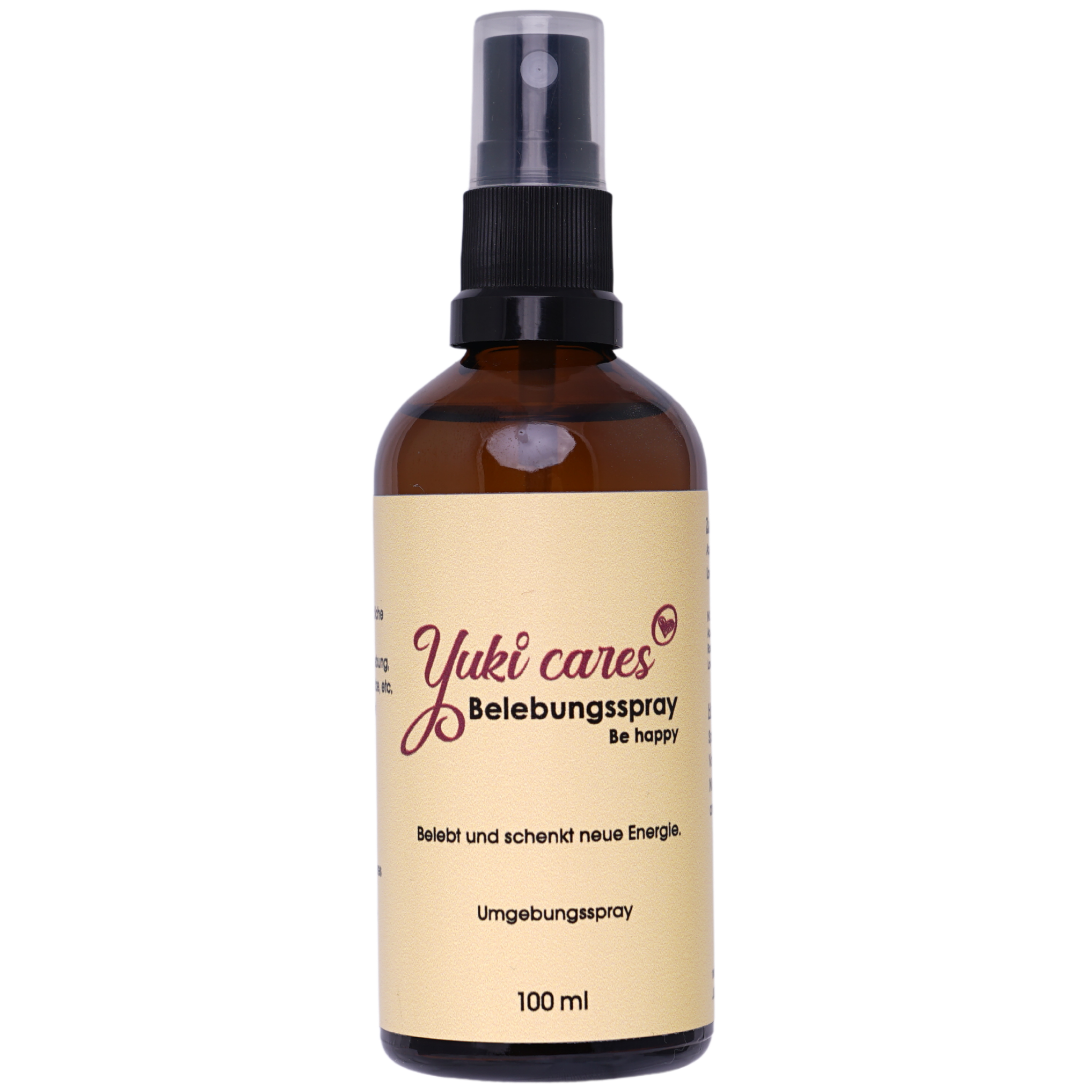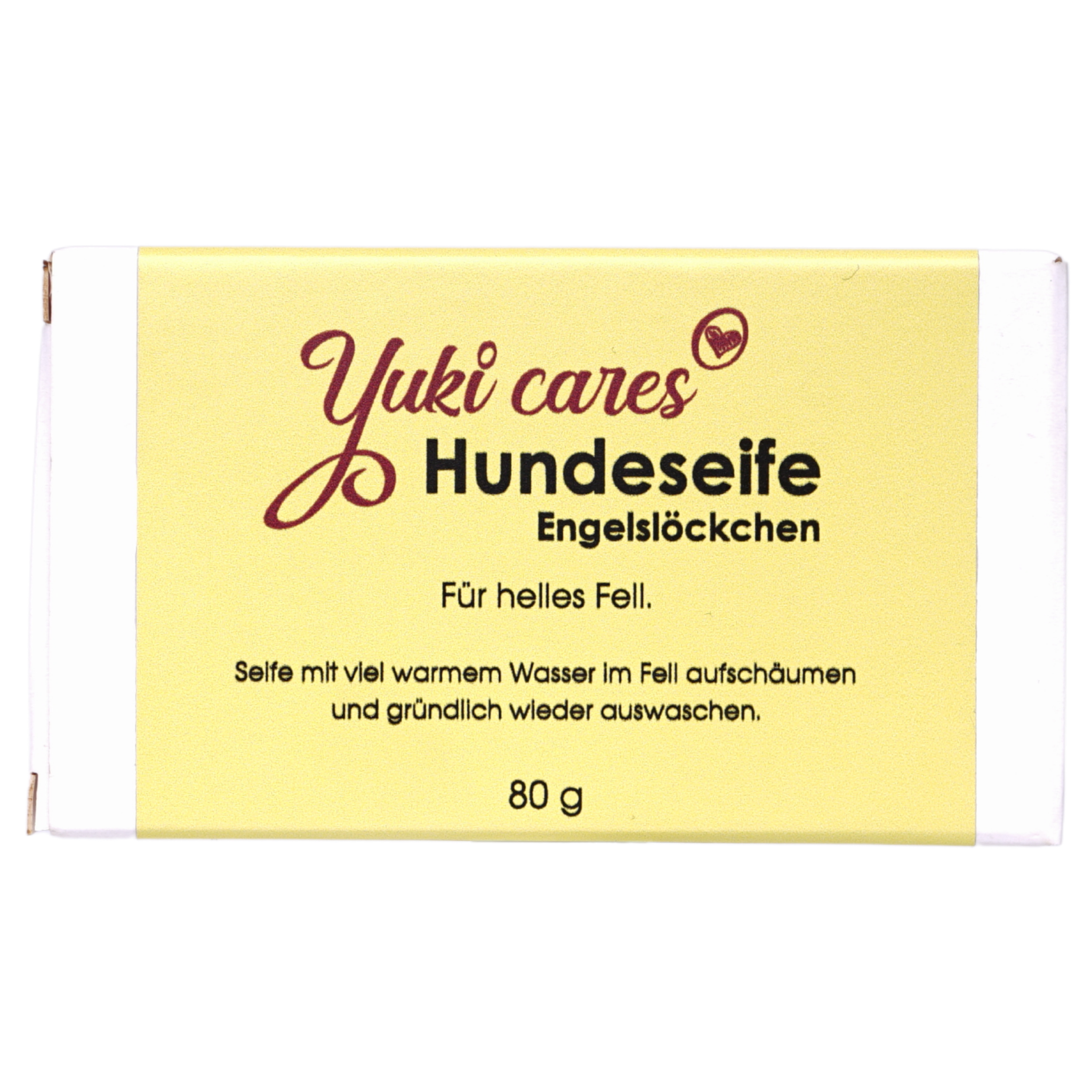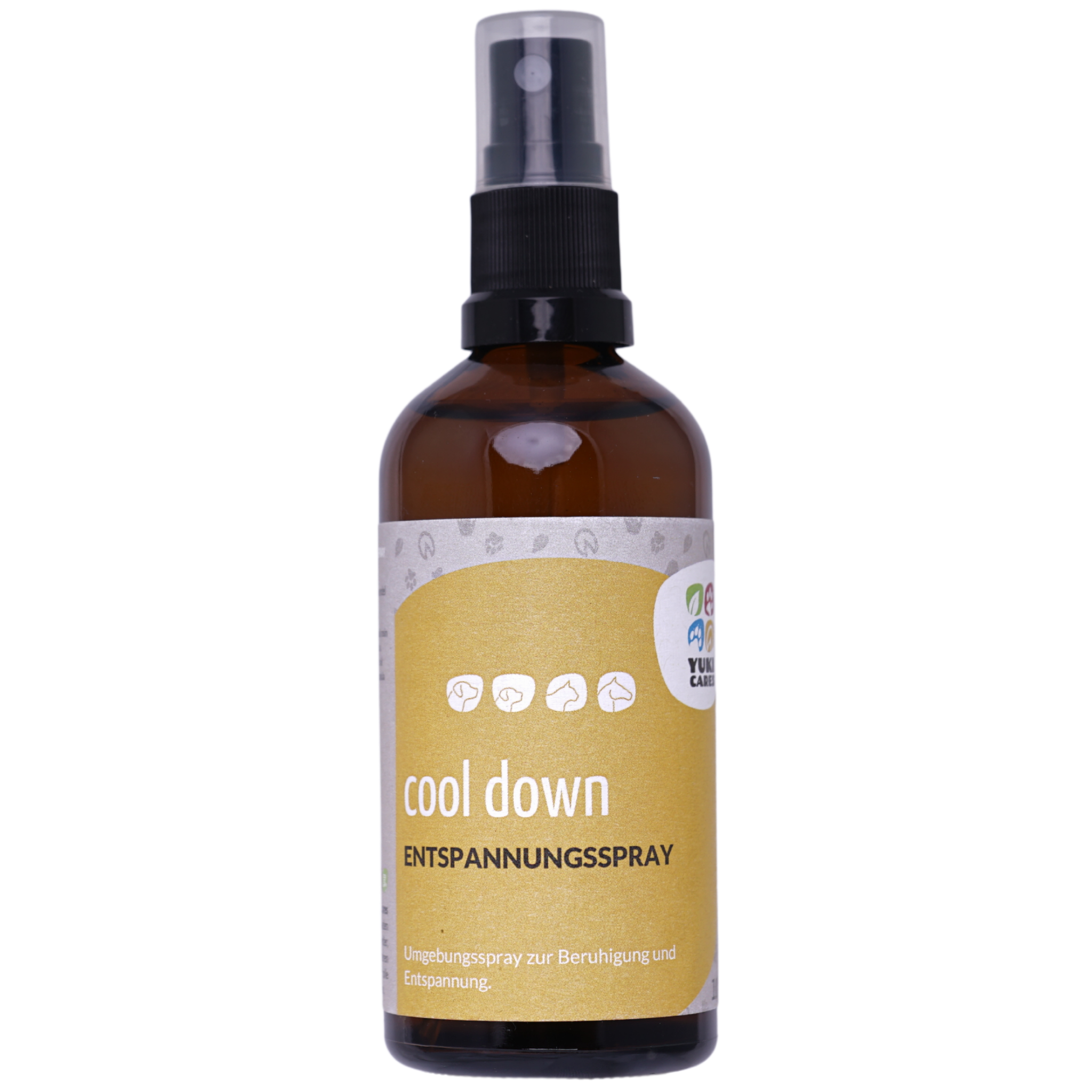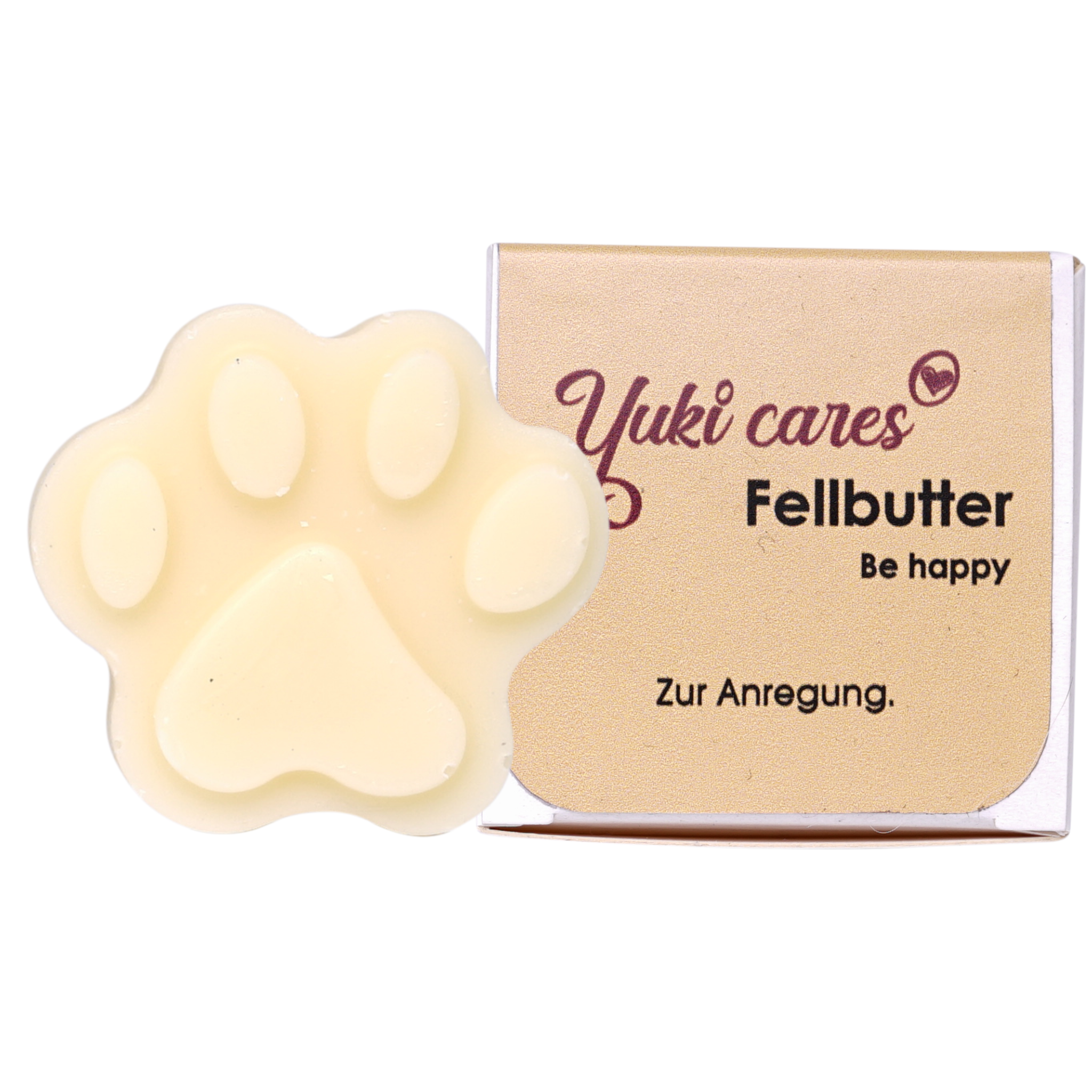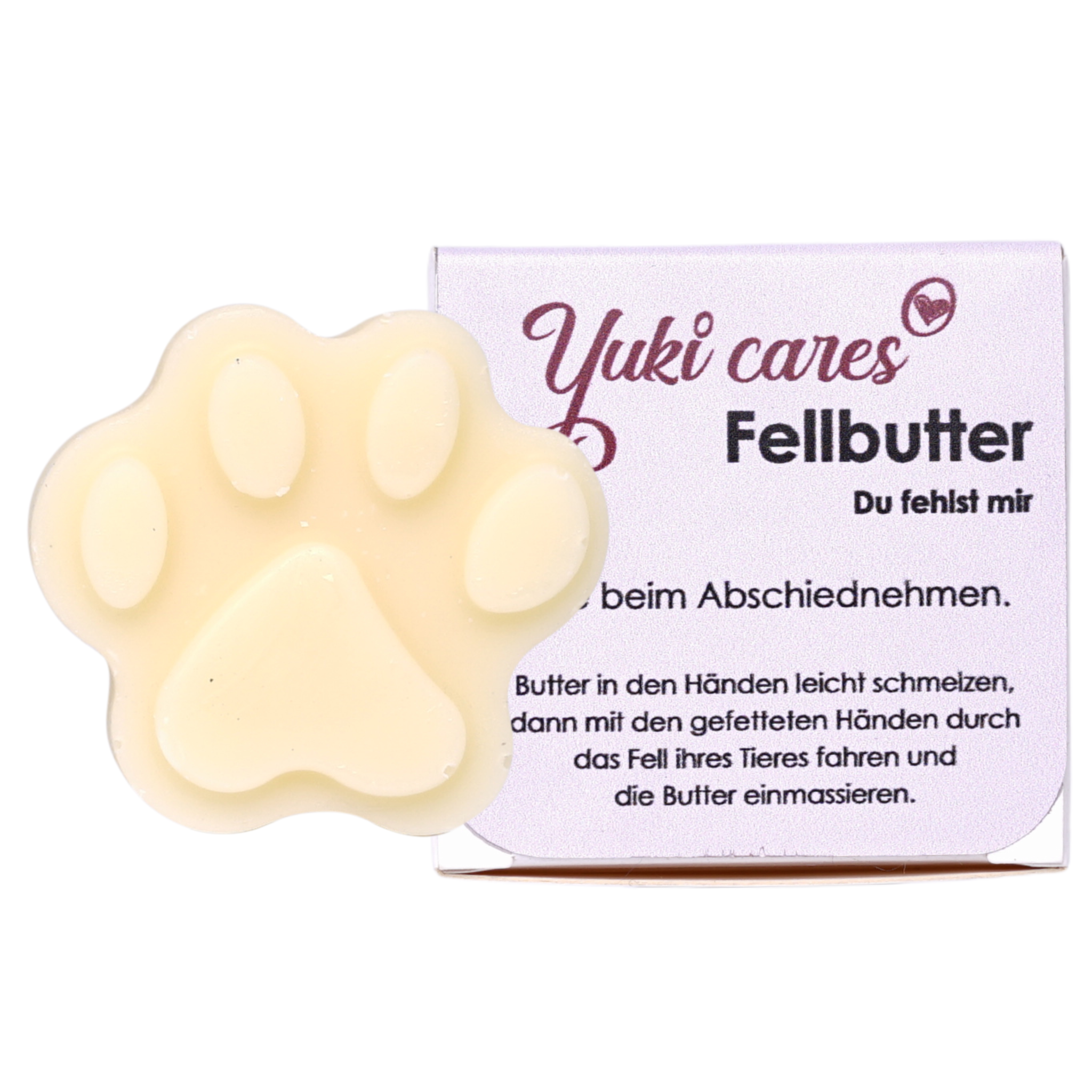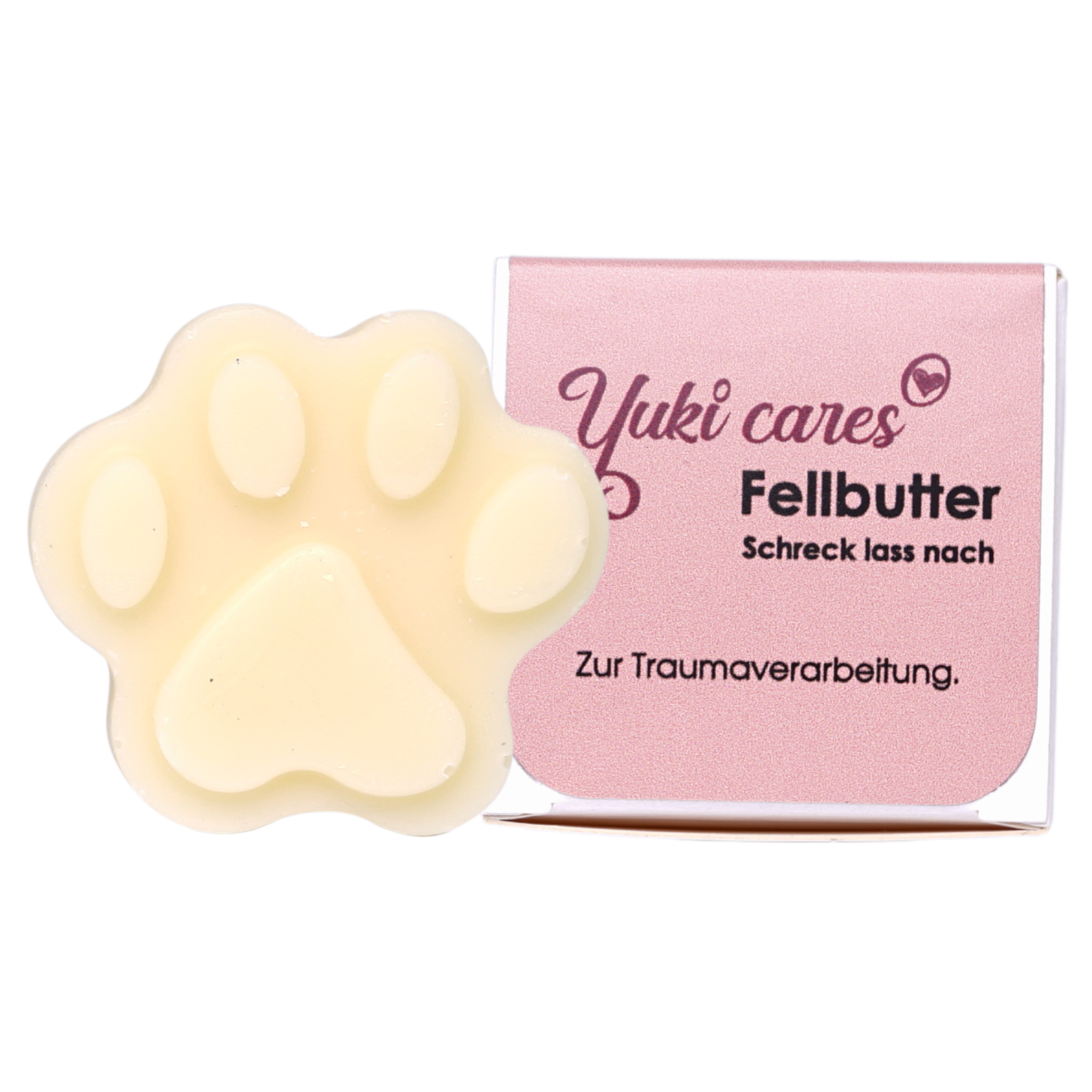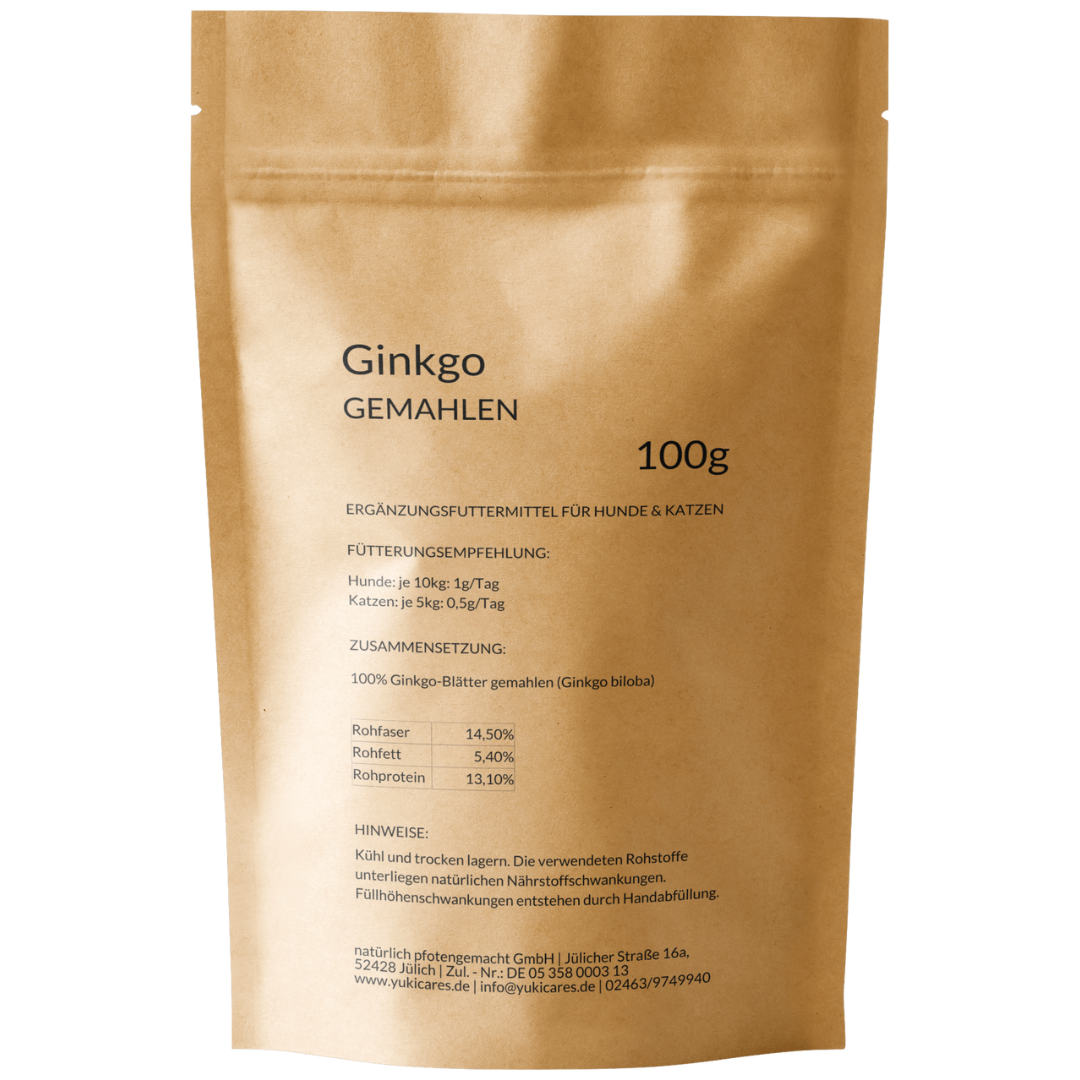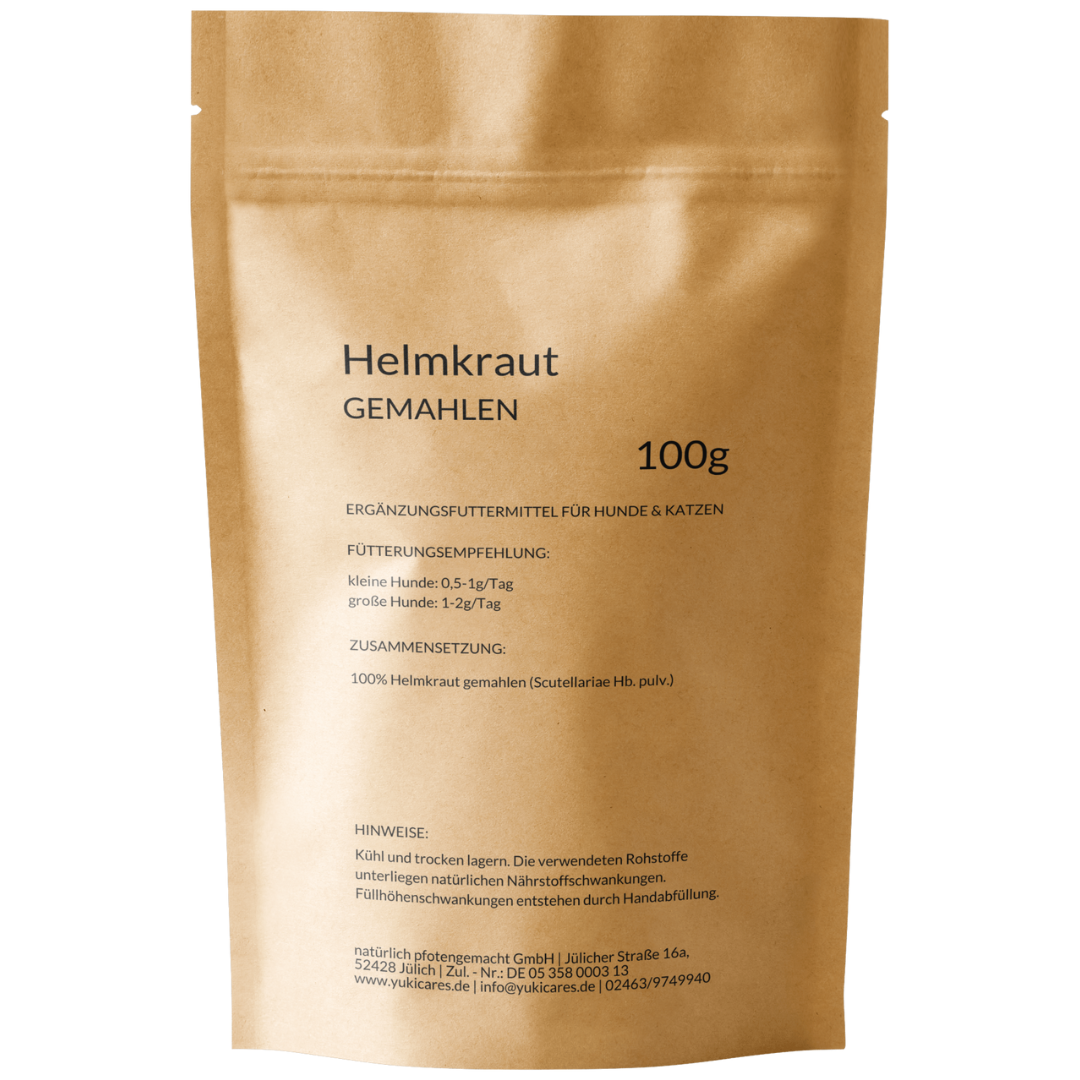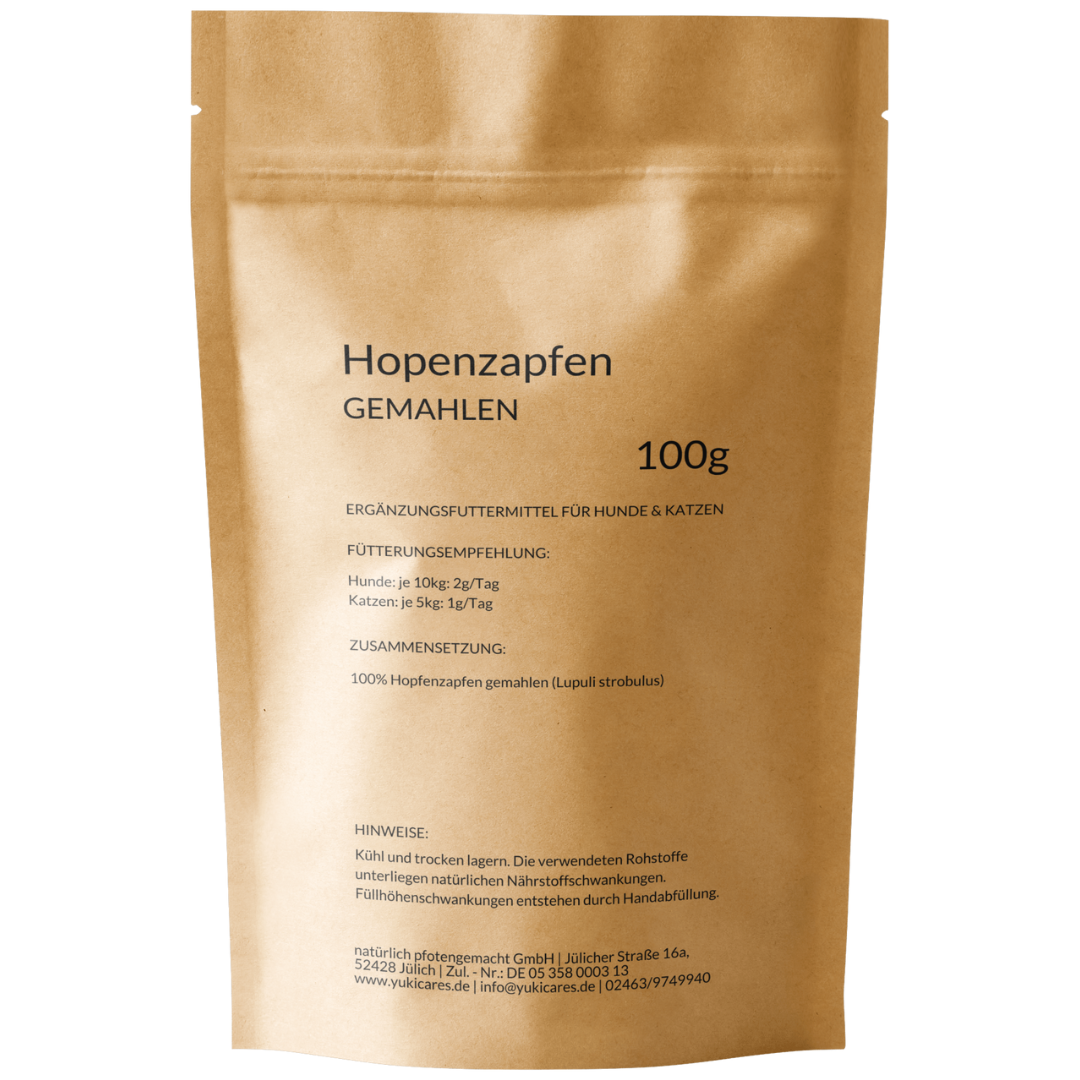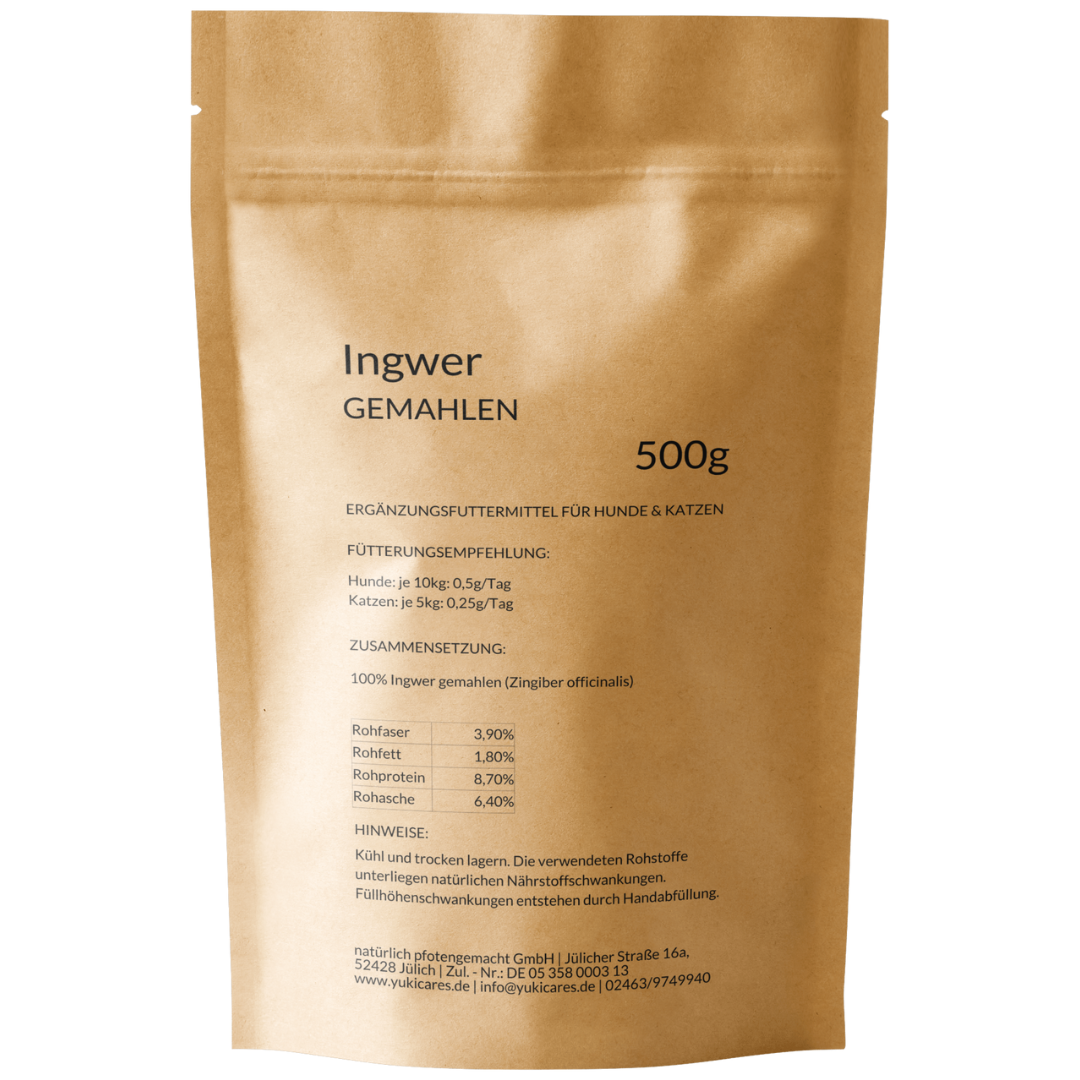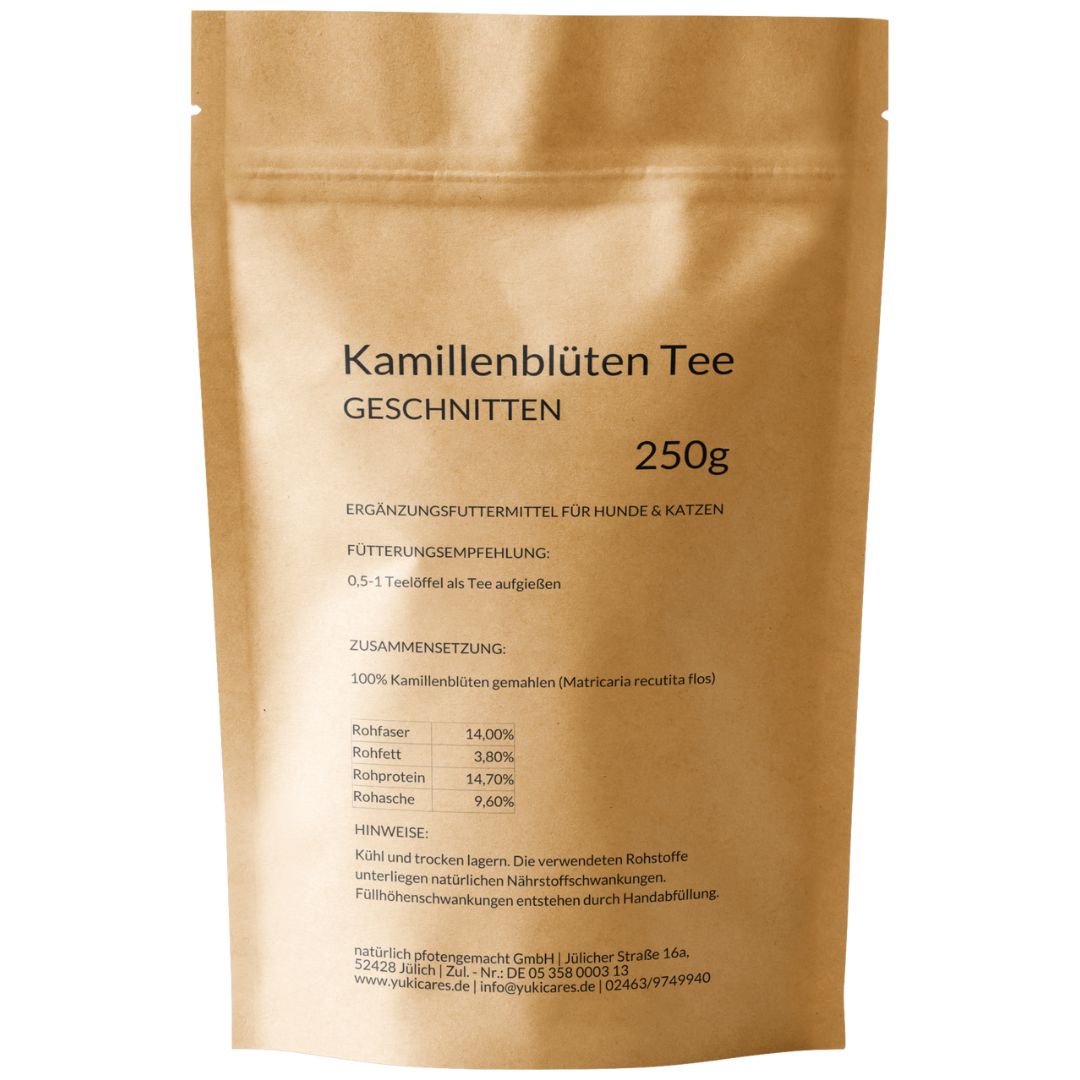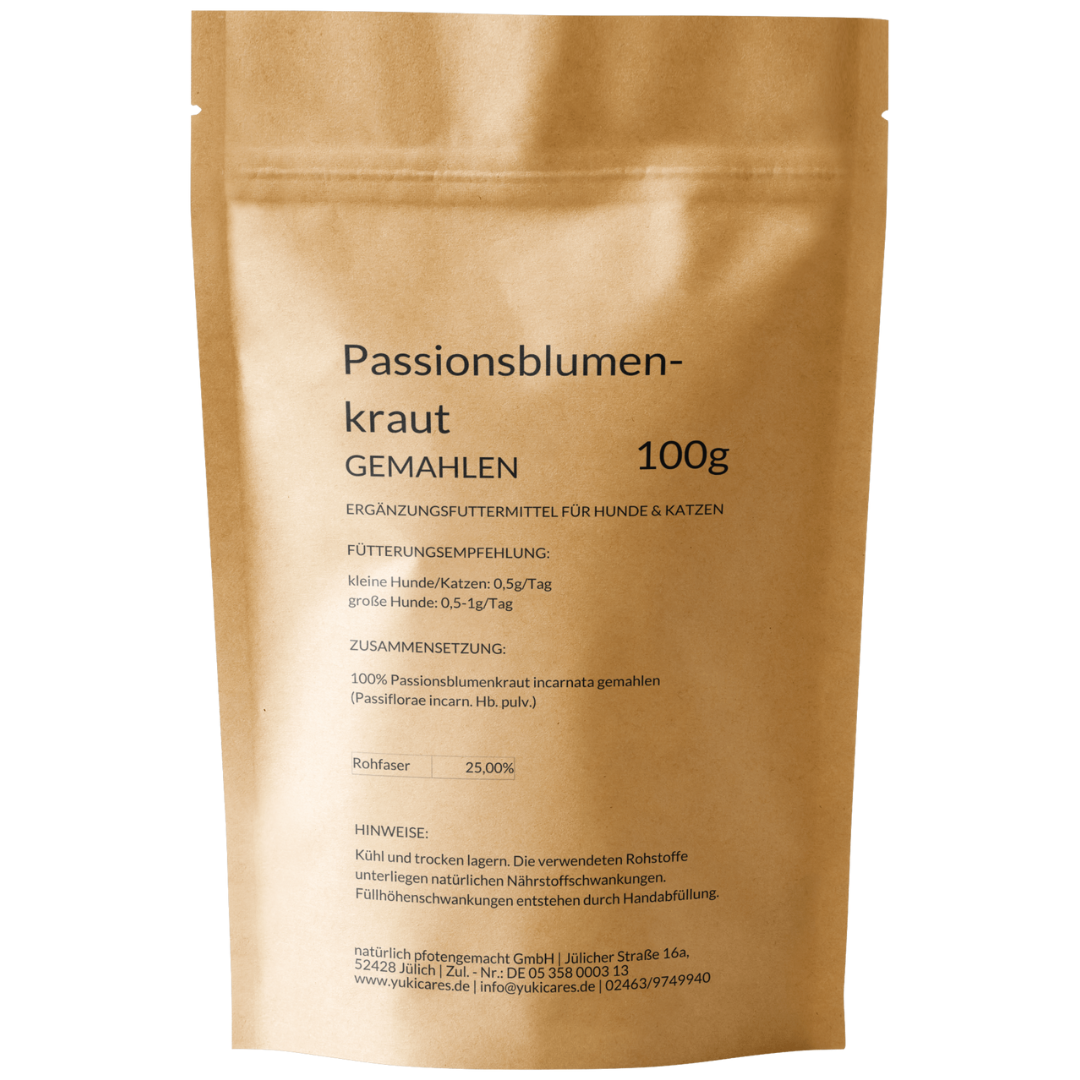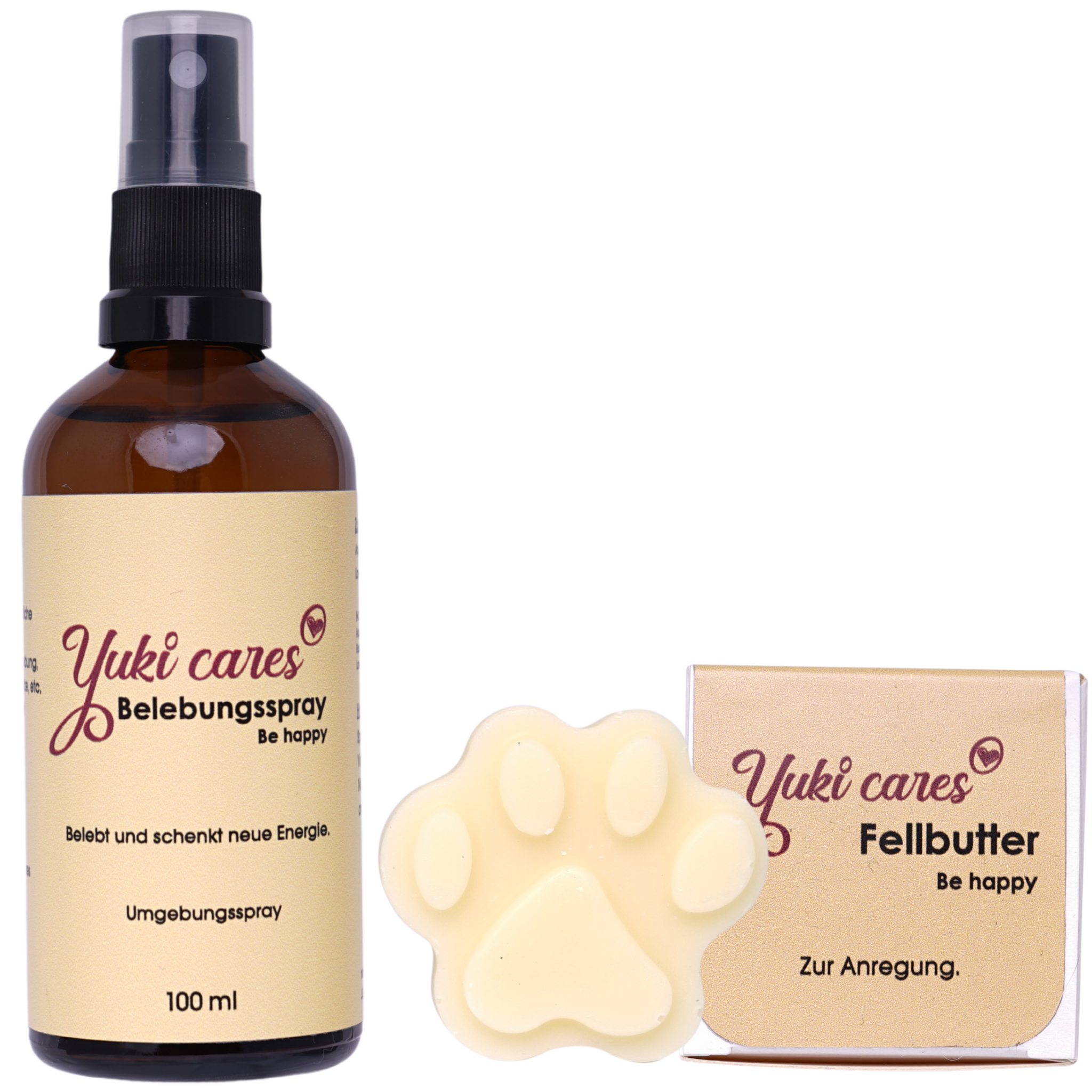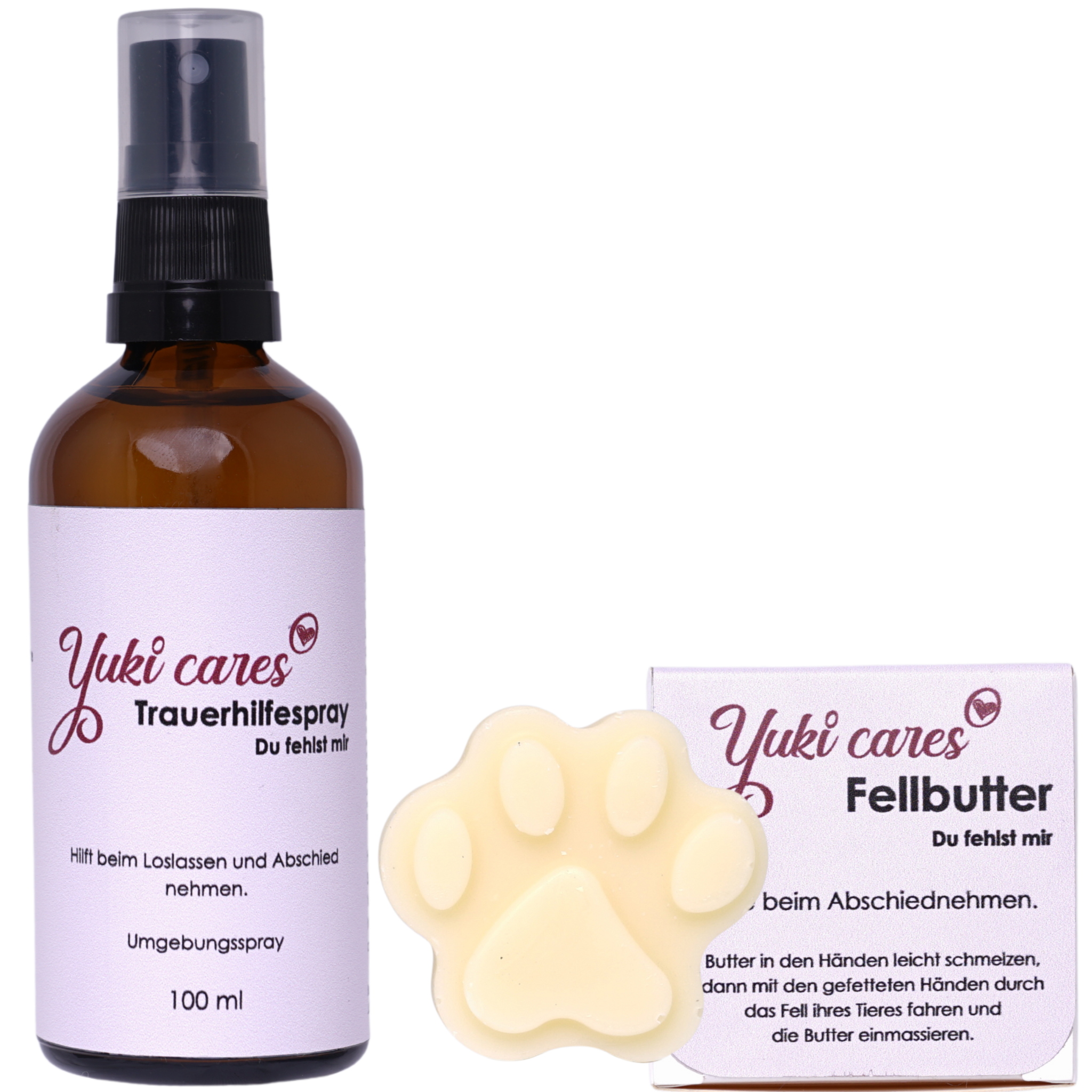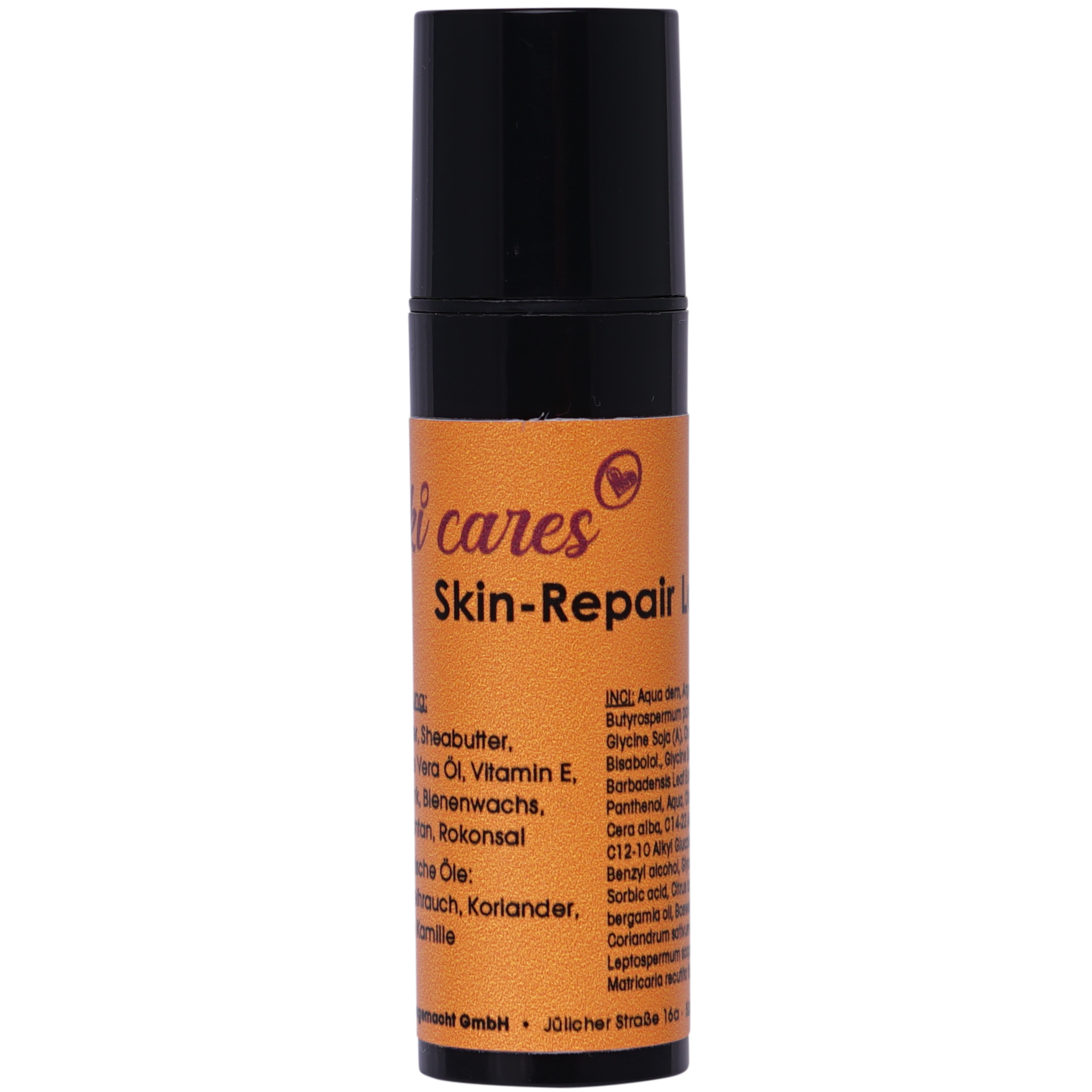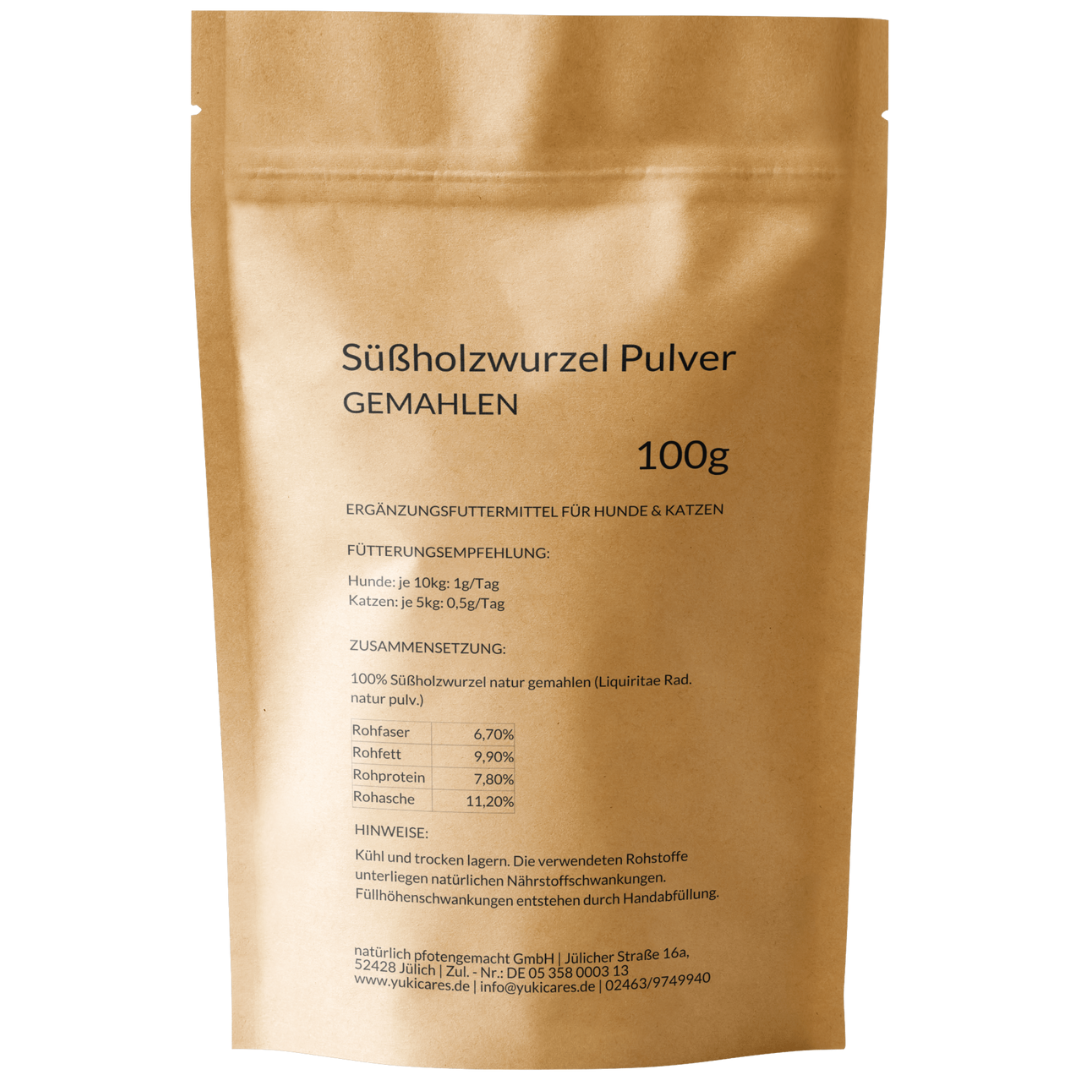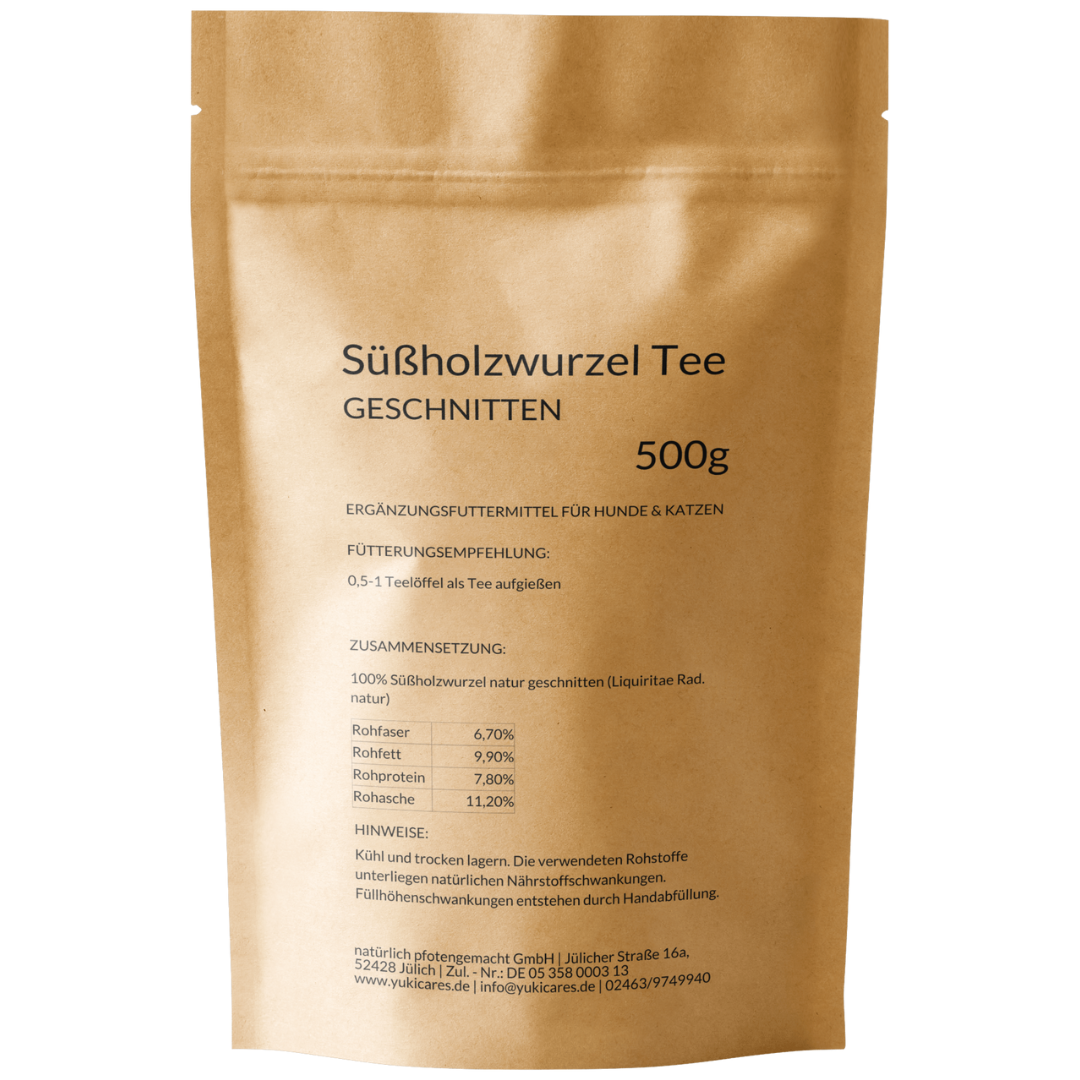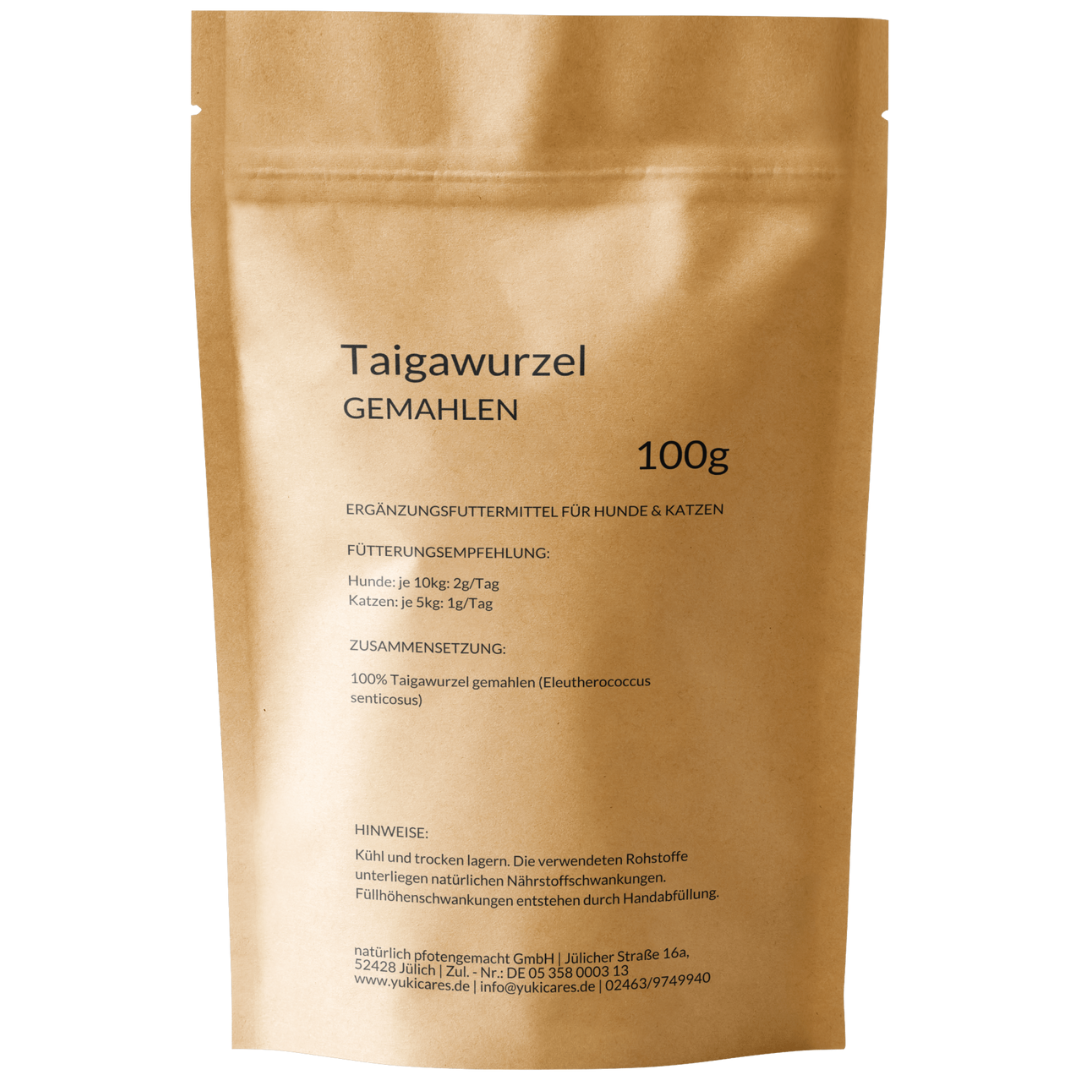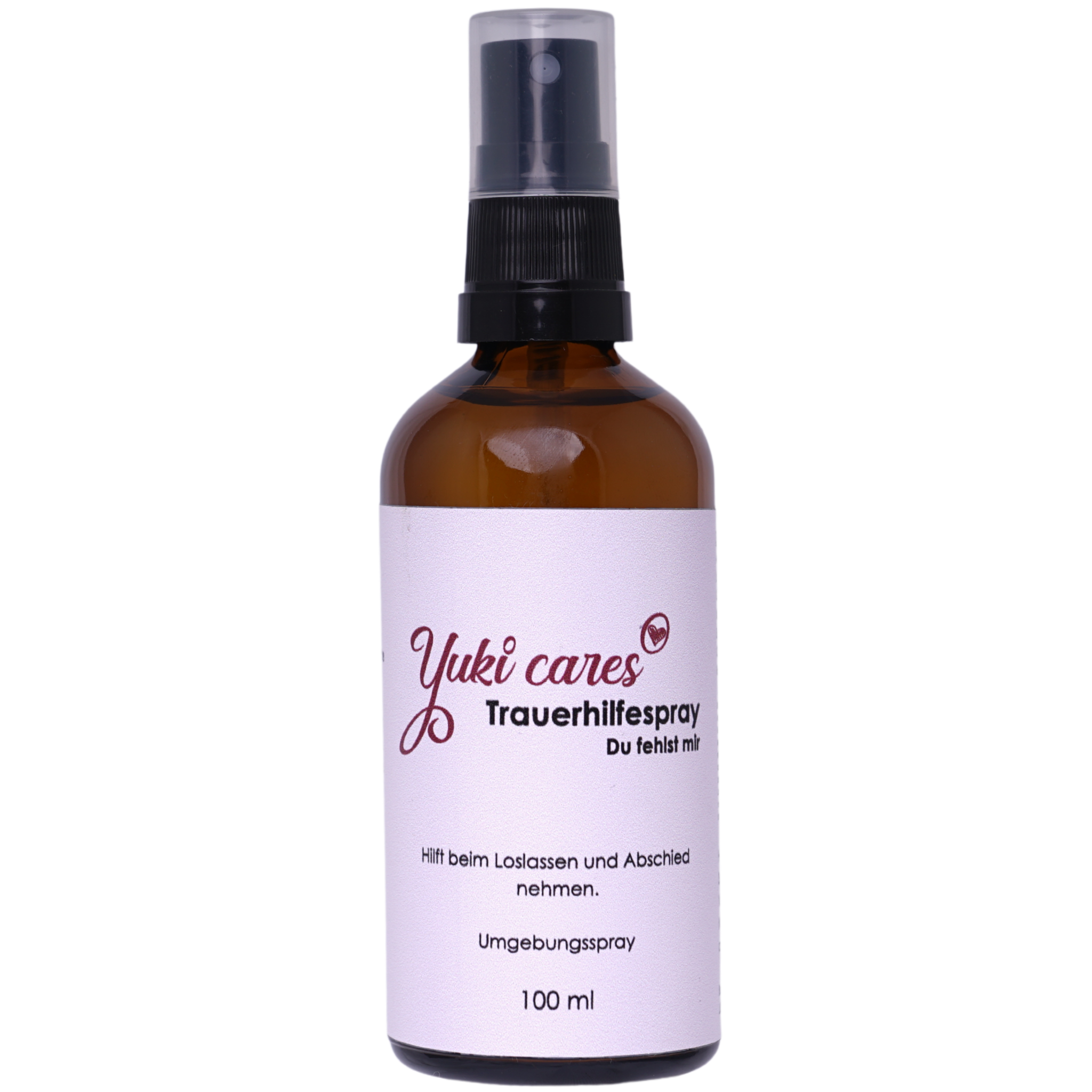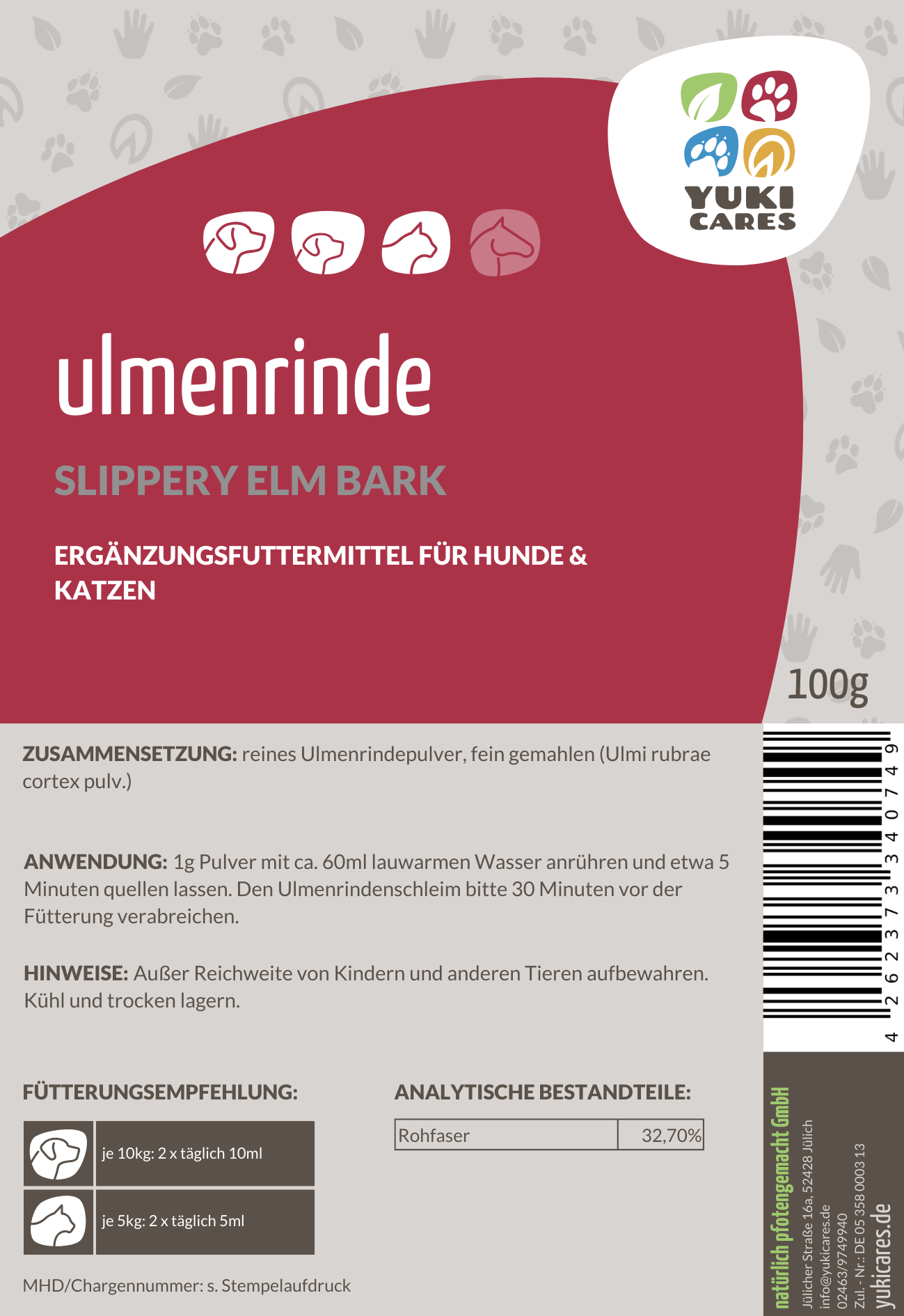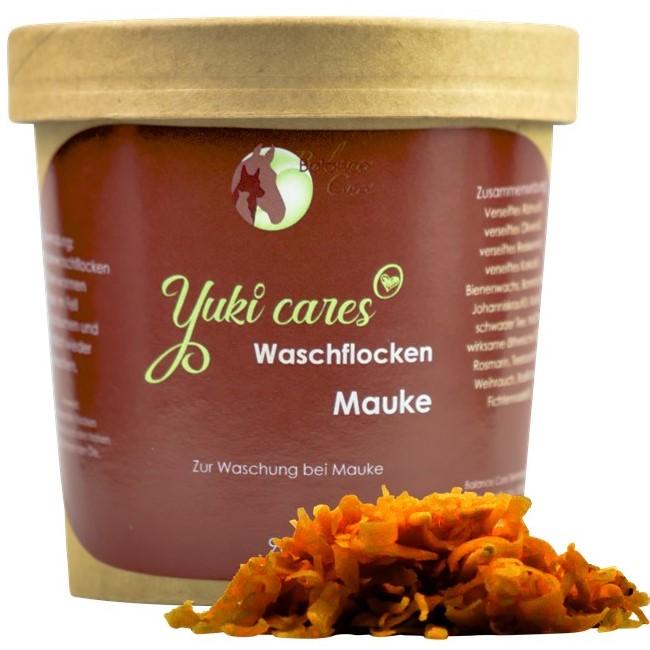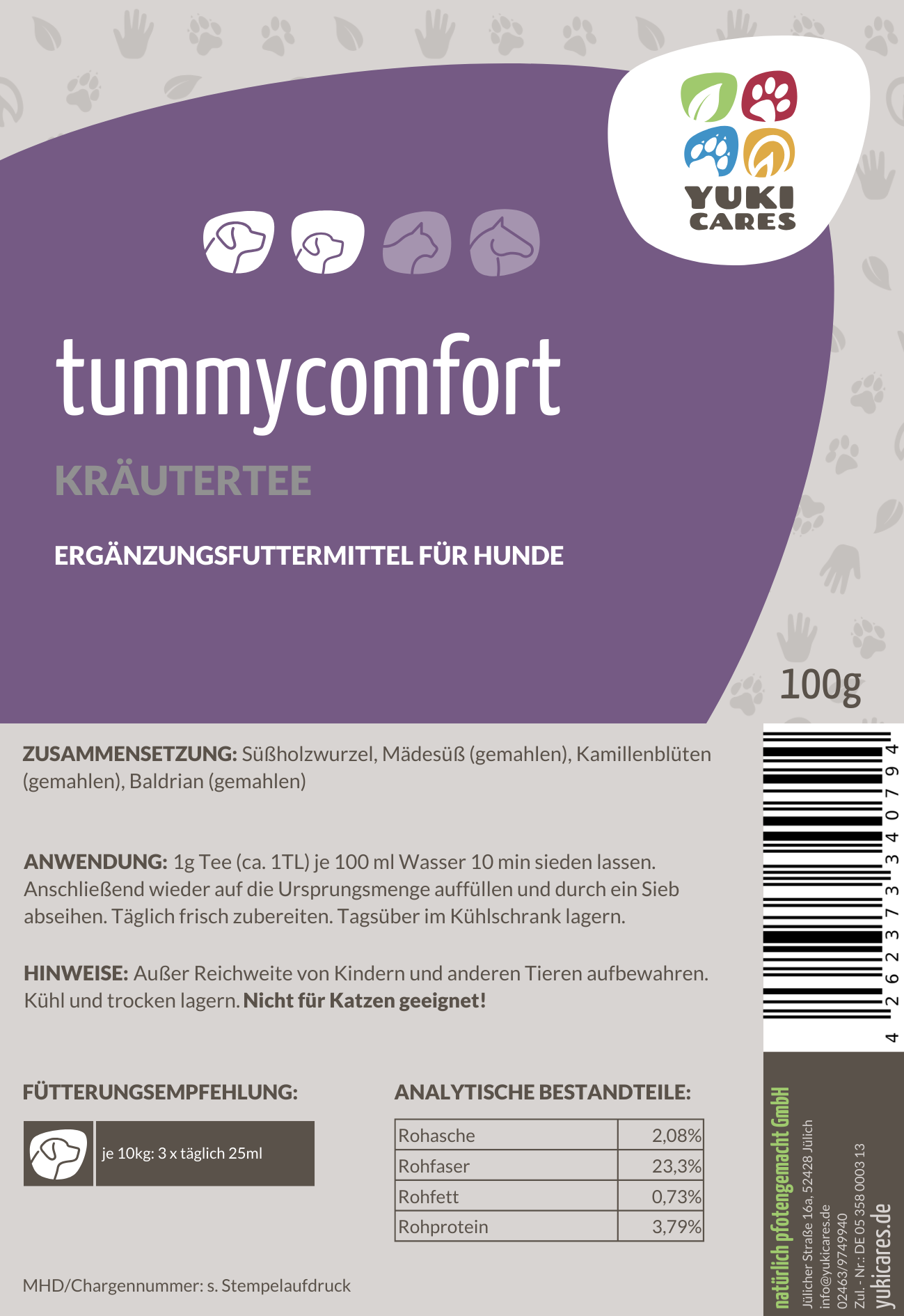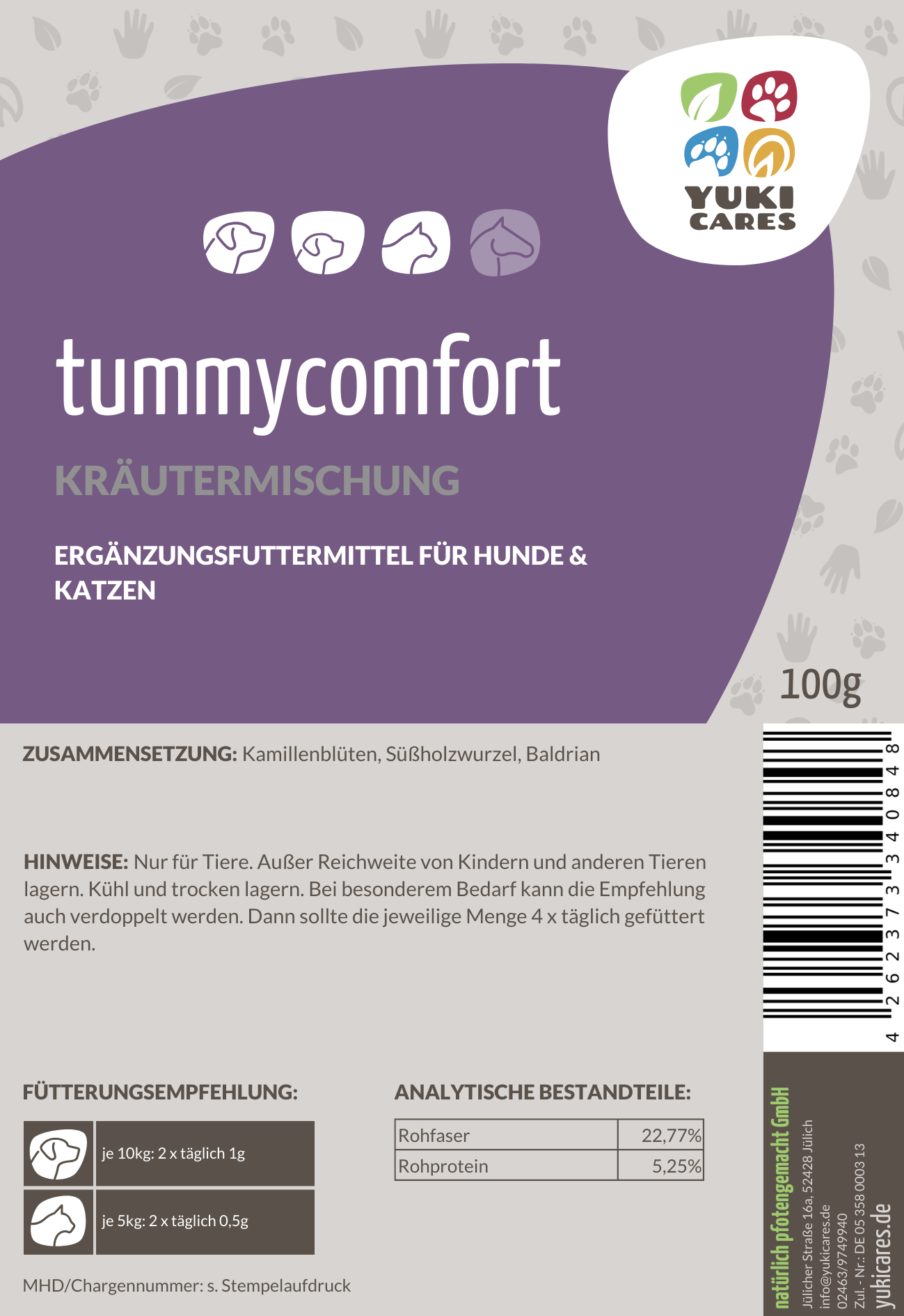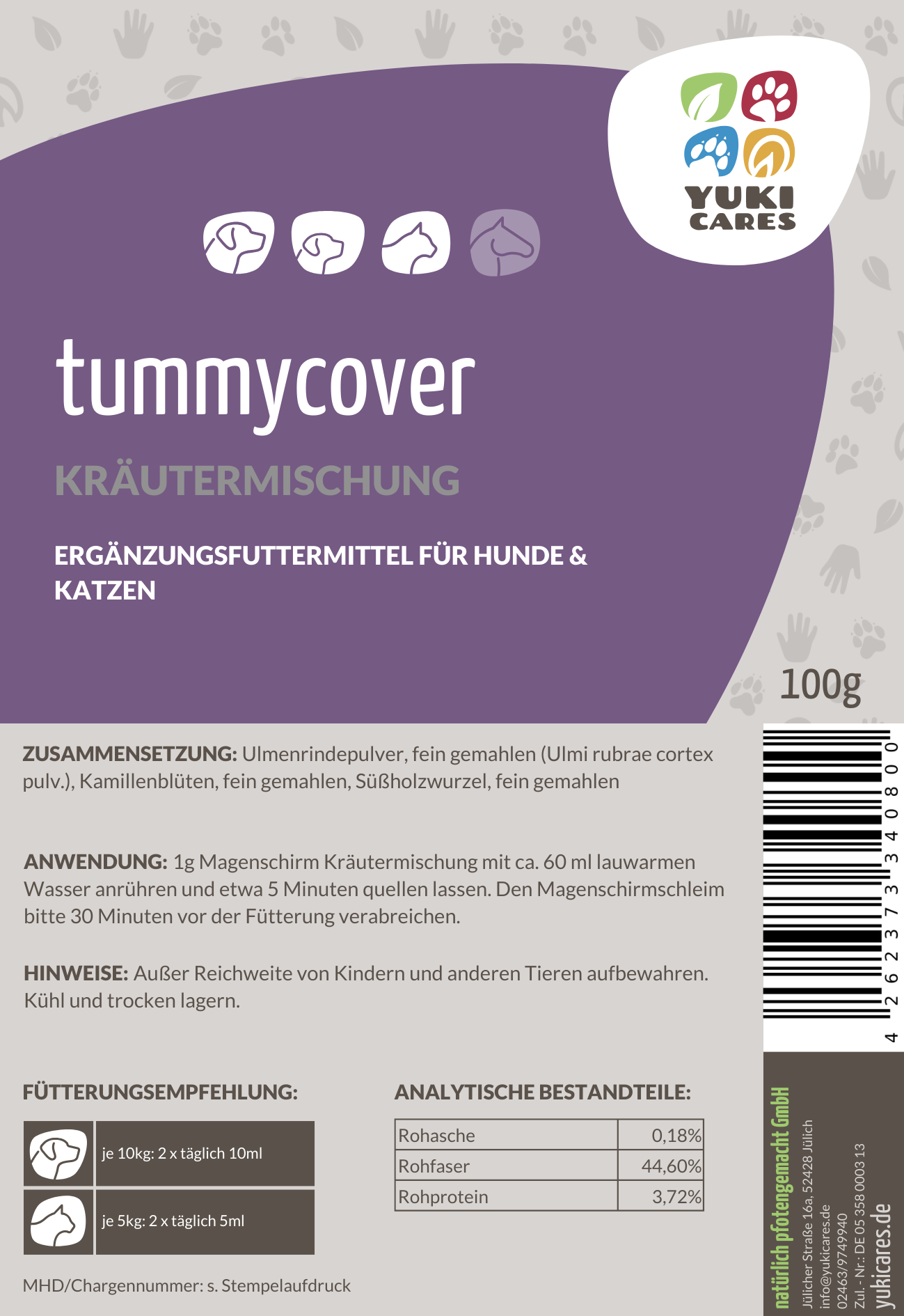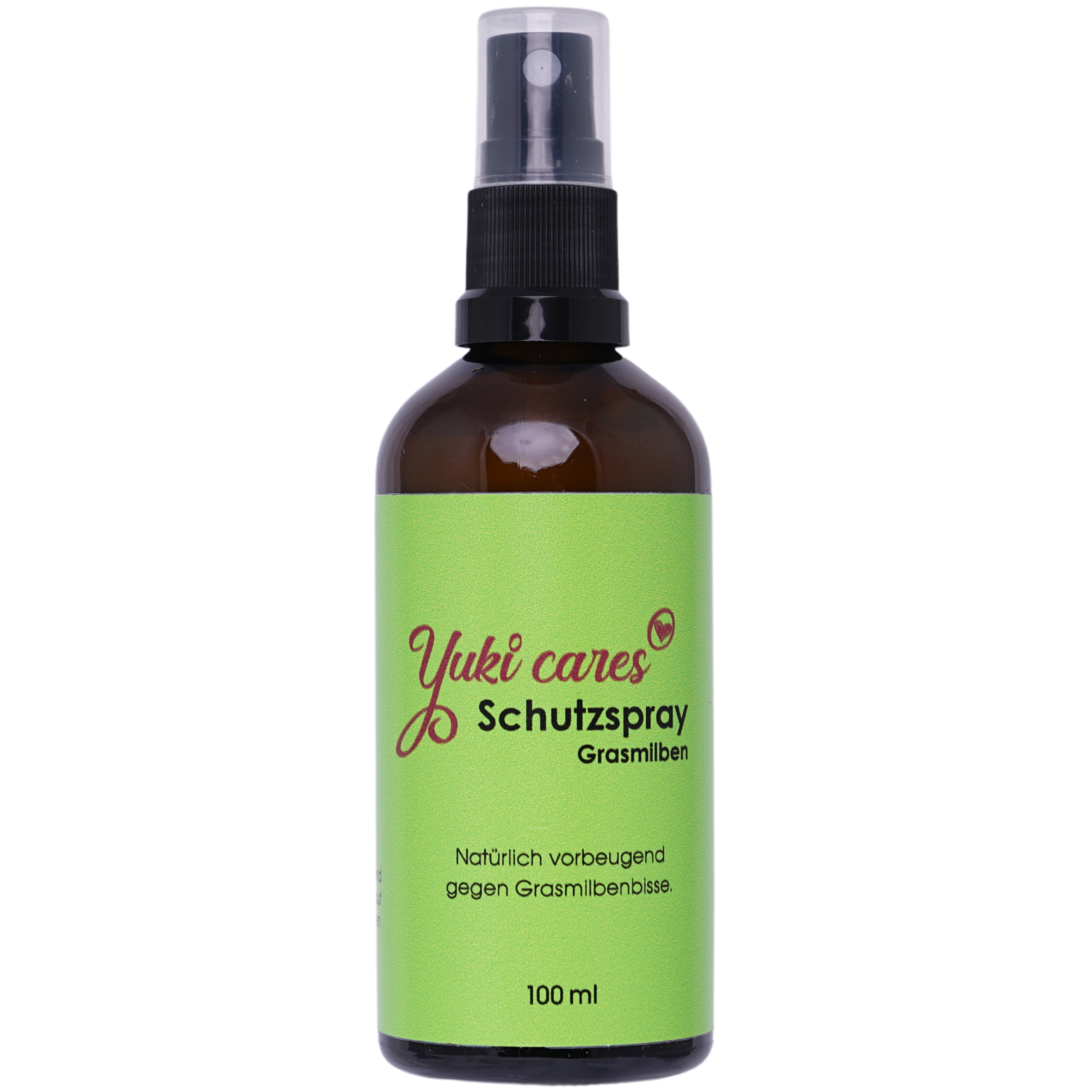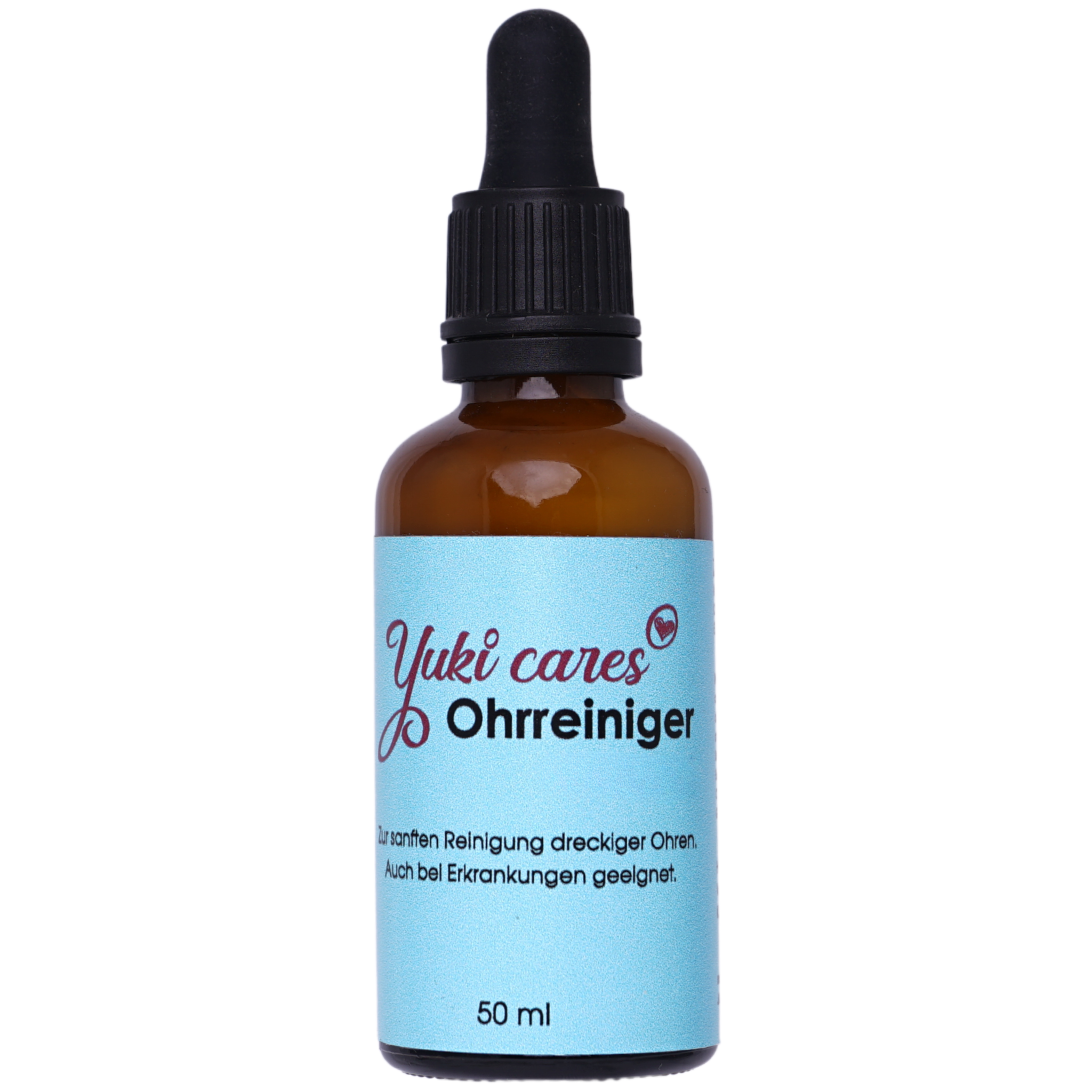I'm definitely not a trendsetter. I never have been. Quite the opposite, in fact. Trends usually pass me by unnoticed. I simply don't mind them because I go my own way.
And now I'm developing natural cosmetics for pets. Could it be any trendier?

Climate change and nature conservation are currently a huge topic and as a result many people are returning to old values and distancing themselves from the developments of the last decades that have led us to this point.
Suddenly, grandma's home recipes are in demand again, because they worked and were much more environmentally friendly.
At least that’s how I explain the growing interest in so-called natural cosmetics.
What is natural cosmetics?

As is often the case, the term "natural cosmetics" is not protected, meaning it doesn't guarantee that the product meets expectations. This refers to all care products such as shampoos, creams, shower gels, soaps, and even makeup.
Natural cosmetics are expected to be made from "natural" raw materials and free from chemicals. In particular, they should be free from polyethylene glycol (PEG), silicones, parabens, synthetic fragrances, paraffins, and other petroleum products.
However, in my research into ingredients, especially in shampoos and creams, I discovered that they also contain substances with unpronounceable names, but of plant or animal origin. They usually serve as consistency enhancers and emulsifiers. So, not every natural cosmetic product is 100% natural, so it's always worth checking the label.
Who likes natural cosmetics
I have found two main reasons why people switch to natural cosmetics:
To protect your own body
Our bodies are our most valuable possessions, and none of us knows the long-term impact petroleum derivatives and other synthetic substances have on them. Of course, we don't know the same thing about natural cosmetics, but at least here the substances are present in their natural state, which our bodies have been dealing with for a much longer time. These products are often gentler on the skin and don't attack its natural protective barrier as aggressively as artificial surfactants.
Because they are free of synthetic substances, they are often better tolerated by sensitive people.
To protect the environment and the climate
Natural cosmetics, for example, do not contain microplastics, which then end up in the oceans.
The production of their components does not require complex chemical processes that produce large amounts of harmful waste.
These products are often also much more productive, which means less waste is generated overall.
Many products are even vegan, so no animals had to suffer.
Why trendsetter now?
I wasn't really aware of this trend either. Due to physical reactions to certain products, I started experimenting myself, became enthusiastic, and before I knew it, I was immersed in this world.
It seemed only logical to me to develop products for animals that were as gentle and natural as possible. After all, my goal is to feed the animals species-appropriate food, so lathering them with perfumed shampoo full of petroleum derivatives simply doesn't make sense.
That's why I only use essential oils and their scents where it makes therapeutic sense, and not just so the dog can smell lemony after a bath. Because what the owner likes is pretty irrelevant to the dog with its sensitive nose—quite the opposite, in fact.
Yes, natural cosmetics for animals are a trend. But I think it's a compelling one that should stay! We're doing ourselves and our four-legged friends a huge favor.
That's why I'm actually and very happy to be a trendsetter this time!


